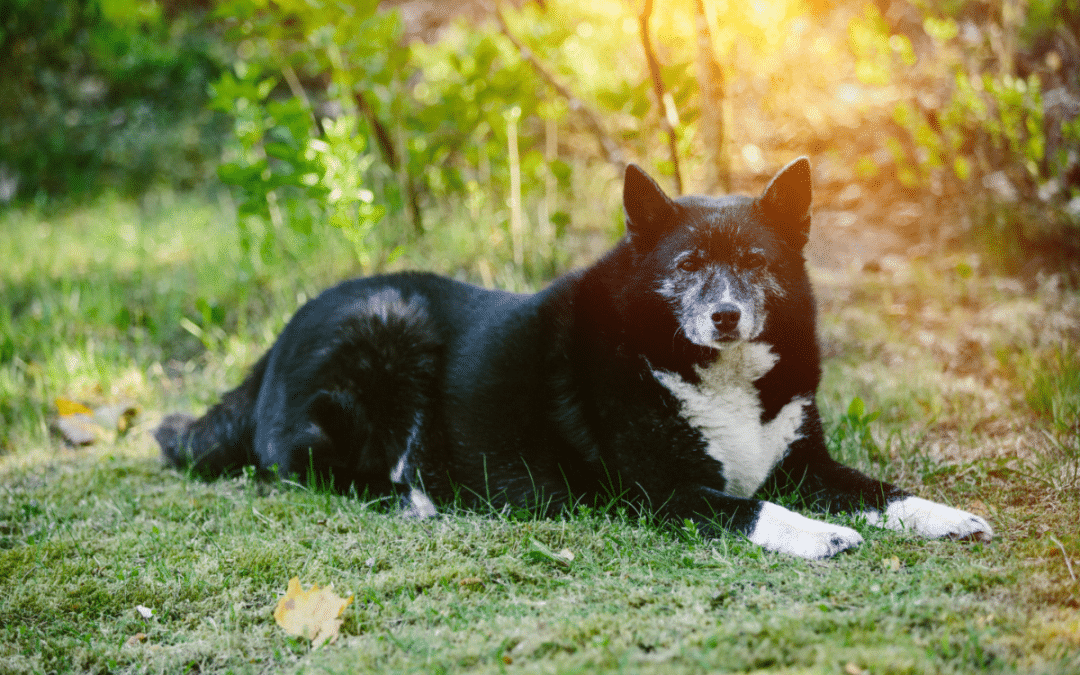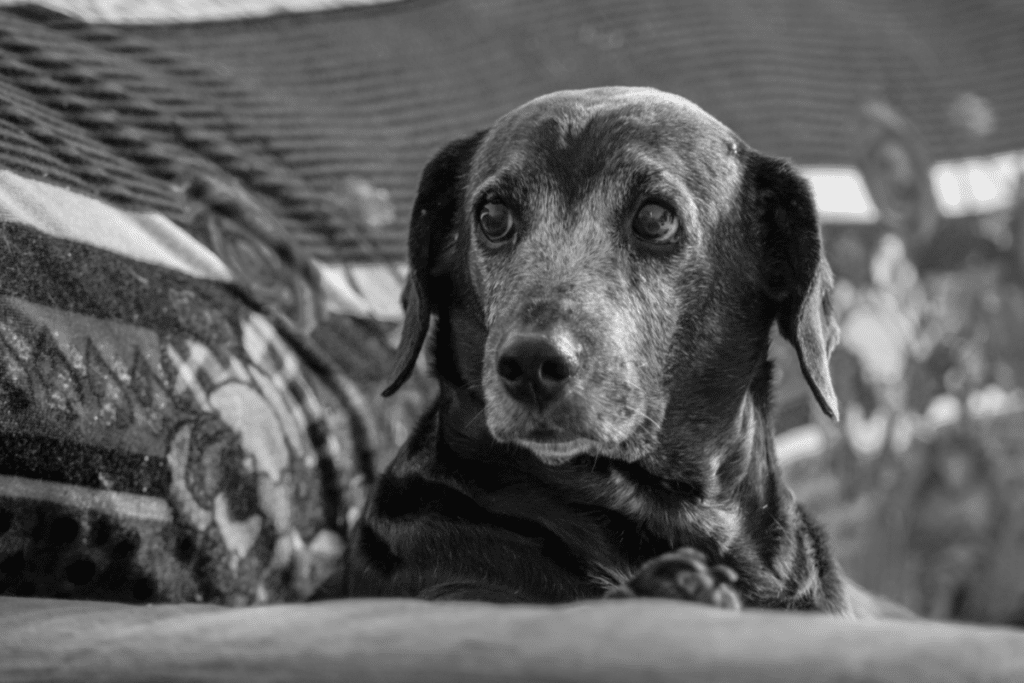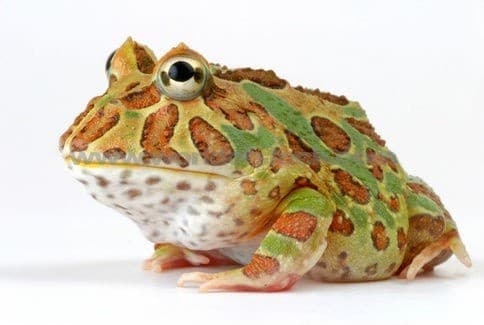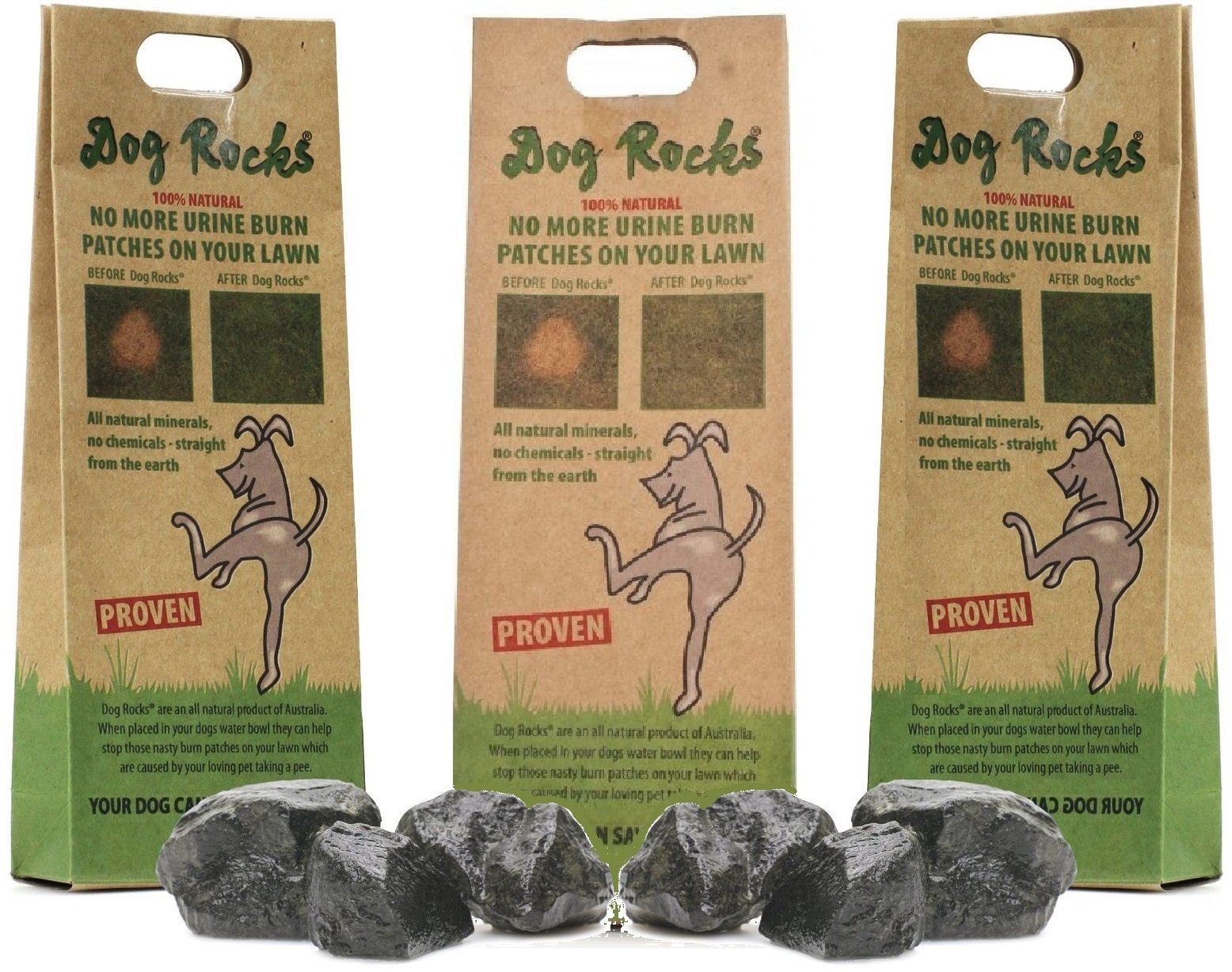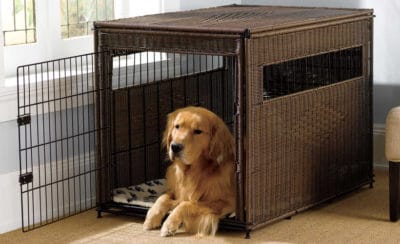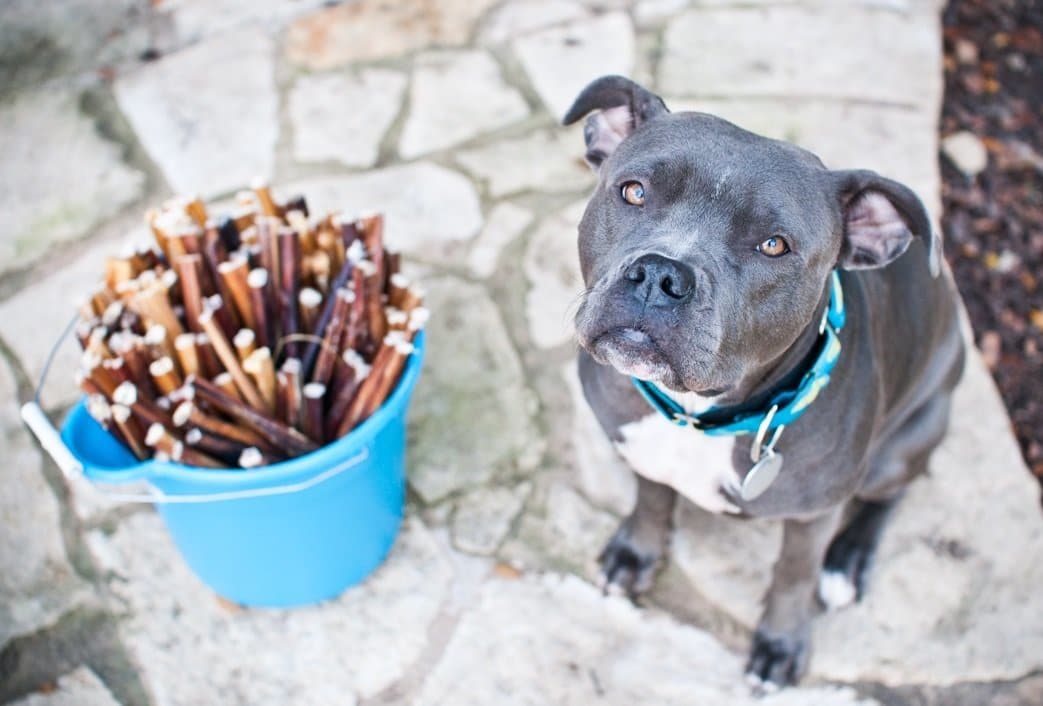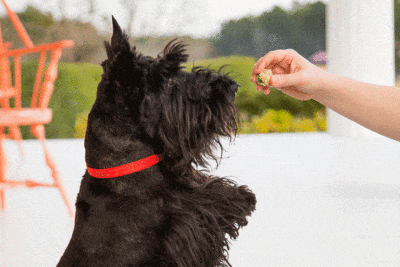Just like humans, pets get old, and, unfortunately, additional health problems and lifestyle adjustments often accompany aging. It can be difficult to accept that your trusty friend is growing older, but it’s important to address the issue head-on to ensure your pet receives the best possible care and is comfortable in their old age. Taking care of senior pets is hard but not something you have to do on your own.
If you have a senior pet but are unsure of the best way to care for them, here are some tips, provided courtesy of OurBestDoggo.
Purchase Some Senior Pet Supplies
All pets age at some point, so plenty of senior pet supplies are available. If you’ve noticed your furry friend is showing their age, it may be time to invest in some helpful products.
For example, if your elderly dog has started drooling more since reaching a certain age or is susceptible to the occasional accident, a waterproof bed that’s machine washable is a great option. Additionally, if your pet is showing signs of arthritis, consider using a harness instead of a leash to take some of the weight off their legs and assist them when walking.
Think About Making Adjustments in Your Home
When animals age, they become more prone to accidents. While it’s not their fault, it can wreak havoc in your home. Think about using furniture covers to shield upholstery from pet stains.
To prolong the lifespan of carpets, rugs, or furniture damaged by your pet, consider contacting a furniture upholstery service or cleaning company. A reputable company can help bring your furniture back to life after pet damage.
Prior to arranging furniture services, search online for “upholstery repair near me.” Always read the company’s online reviews, discuss your specific needs, and ask for a quote. Re-upholstery costs depend on the furniture’s type, size, and material. For example, reupholstering a dining chair typically costs between $40 and $60, whereas reupholstering a large family couch can cost up to $3,500.
Reassess Their Dietary Requirements
What your pet eats plays a considerable role in their health and, as they age, their dietary requirements often change.
Most older animals experience a drastic reduction in their energy levels and, unless their diet is reassessed and reduced, they’re likely to become overweight. Additionally, some older pets develop sensitive stomachs and can no longer consume the types of food they previously ate. In this circumstance, swap to a senior-specific food.
Take Them for Regular Checkups
Just because your pet’s getting older doesn’t mean they necessarily exhibit obvious signs of discomfort or illness. Many elderly pets seem as happy as ever. However, that doesn’t mean they aren’t sick or in pain.
Even if your pet seems fine, taking an aging animal to the veterinarian for checkups is recommended, as heart, lung, or skin conditions can often go unnoticed. Regular visits to the vet ensure any underlying health concerns are discovered early, giving your pet the best chance of a long and happy life. Most vets recommend two checkups per year for young pets and more frequent visits for senior animals.
Remember to Give Them Lots of Love
Keep your pet comfortable as they age by tweaking their diet, making small changes for their comfort, providing medical care, and giving them plenty of love.

